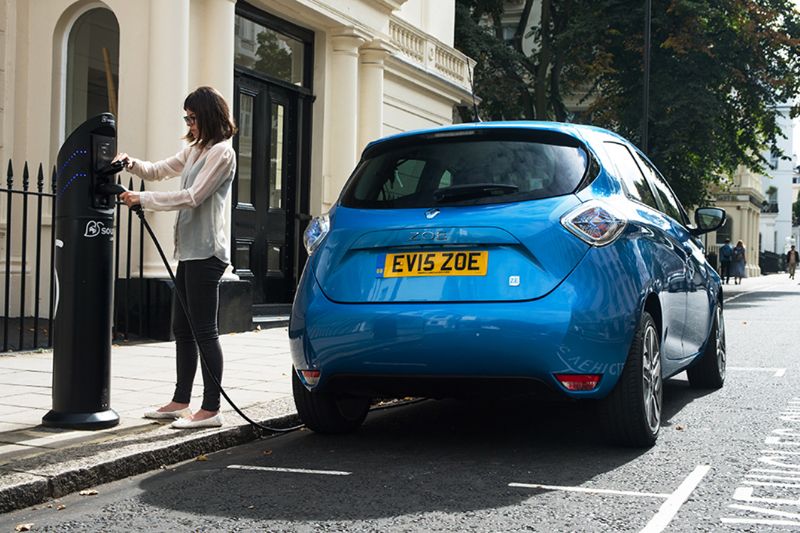- Home
- News, Articles & Reviews
We are hiring! Please click here to join our growing magazine delivery team in Gloucestershire!

An electric revolution in 2017?
Author: Luke Edwards, Posted: Saturday, 24th December 2016, 08:00
2017 is being used, by some big automotive players, as a pivotal year to make a step change in the products they offer us by 2020. Be prepared for an electric revolution!
An experimental platform to develop new technology
I am going to mention a bit about motorsport, but please bear with me as this does impact what we will be driving now and in the very near future. Motorsport programmes are not only the promotional face of a manufacturer, but they are also an experimental platform to develop new technology for road cars.
Audi have confirmed that they will be withdrawing in 2017 from the World Endurance Championship. The knock-on effect will be that, in 2017, there will not be a formal works team competing at the legendary 24 hours of Le Mans – a race Audi has won 13 times. The manufacturer is ending 18 years of prototype racing to focus efforts on the FIA Formula E (electric) racing series.
Volkswagen are re-considering their motor-sport programmes, as the move to electric power is a key strategy for their road cars. There have been rumours that the Volkswagen Group may have up to 25 electric road cars planned in their portfolio to offer customers by 2025.
Diesel car sales are dropping like a stone
So, what does this mean for us, the consumer? Well, diesel is still an important fuel, but it is likely to be out of focus for manufacturers – diesel car sales are dropping like a stone. Over the next year we will see a move towards petrol-electric hybrid and pure electric systems.
To explain the terms; pure electric is batteries powering an electric motor; a hybrid car is a petrol engine with an electric motor, which complement each other via energy recovery (a sealed unit so to speak). A plug-in hybrid (PHEV) means you also have the facility to plug the car into the electric at home, allowing for longer, pure electric short journeys to the shops and the ability to then recharge the batteries – so in theory you get a pure electric car and a hybrid in one.
A trend in the market is starting to show at car dealerships. In September 2016, 2,128 new pure electric cars were registered in the UK and 4,135 new plug-in hybrids – that’s an increase of 37.4% and 69.4% respectively on September 2015.
We need to cater for the increase in electric car use
There is still an issue. In the UK we don’t have enough electric charging points, and also, I don’t think house builders are gearing up their new builds for the onslaught of electric cars. Car parks at workplaces and shopping centres will need to cater for the increase in electric car use or the rush to arrive early to “plug in” will be a new phenomenon!
Don’t worry if you think a pure electric car won’t get you far. Towards the end of 2016, Renault revealed a new version of its all-electric ZOE that will have a range of 250 miles. BMW already have a 94Ah battery pack, which will give cars like their i3 an estimated 195-mile range.Other Images
Copyright © 2025 The Local Answer Limited.
Unauthorized use and/or duplication of this material without express and written permission from this site's author and/or owner is strictly prohibited. Excerpts and links may be used, provided that full and clear credit is given to The Local Answer Limited and thelocalanswer.co.uk with appropriate and specific direction to the original content.More articles you may be interested in...


© 2025 The Local Answer Limited - Registered in England and Wales - Company No. 06929408
Unit H, Churchill Industrial Estate, Churchill Road, Leckhampton, Cheltenham, GL53 7EG - VAT Registration No. 975613000You are leaving the TLA website...
You are now leaving the TLA website and are going to a website that is not operated by us. The Local Answer are not responsible for the content or availability of linked sites, and cannot accept liability if the linked site has been compromised and contains unsuitable images or other content. If you wish to proceed, please click the "Continue" button below:




